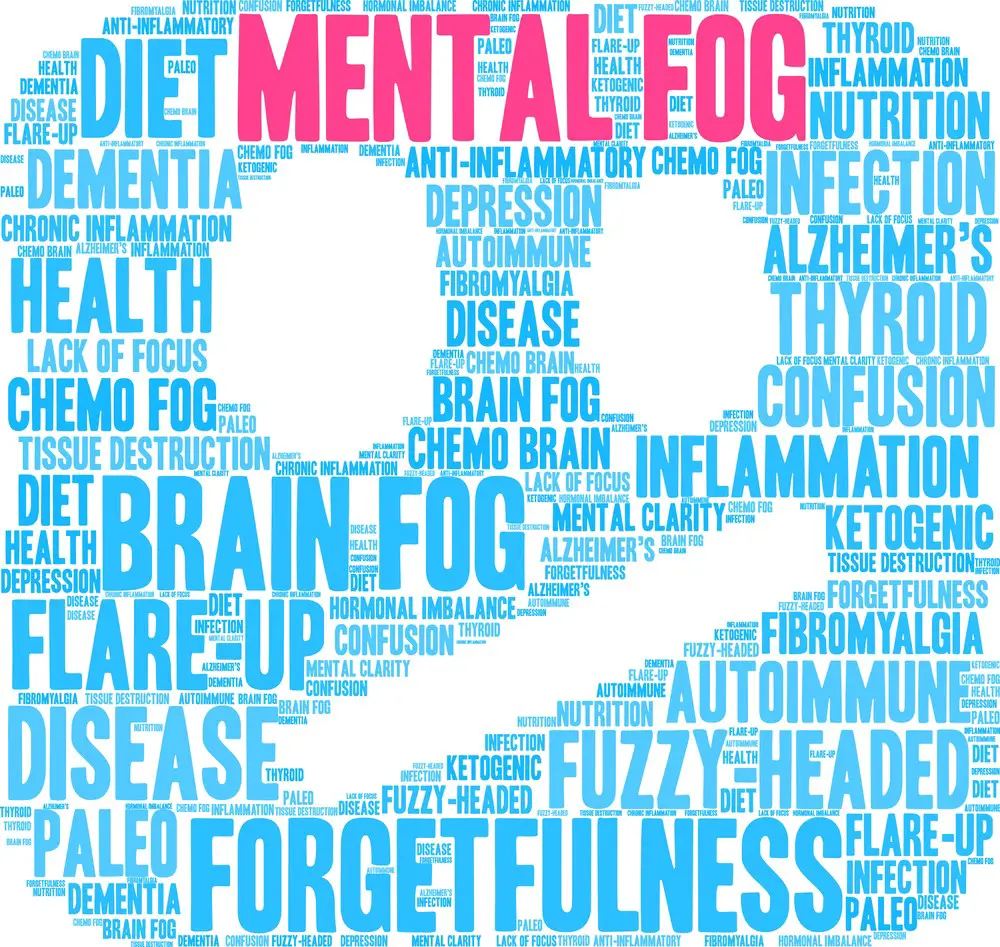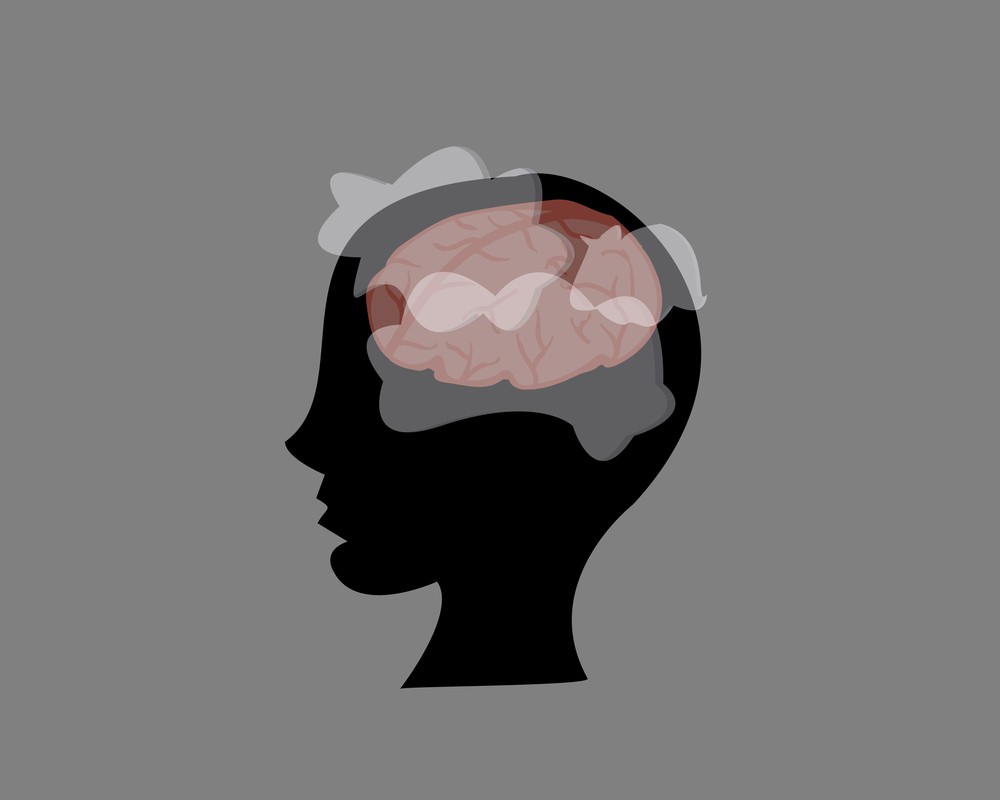As a BetterHelp affiliate, we receive compensation from BetterHelp if you purchase products or services through the links provided
If you’re living with depression, you may feel like your thoughts are slowed down, messy, or fuzzy. This experience is often called “brain fog.”
While brain fog is a common symptom of depression, it can also be caused by other conditions, such as anxiety, stress, and sleep problems. If you’re struggling with brain fog, there are some things you can do to help manage your symptoms.
What is brain fog?
Brain fog (also known as cognitive dysfunction) is a term used to describe the feeling of mental confusion or exhaustion. It can feel like you can’t think clearly, concentrate on anything, or even find the words you need to say.
For some people, brain fog is a temporary and mild symptom that comes and goes. But for others, it can be a chronic and debilitating problem that makes it hard to function in day-to-day life.
Brain fog symptoms
Some people may not even be aware that they are experiencing brain fog. But for others, the symptoms can be very clear and bothersome.
Some common symptoms of cognitive dysfunction include:
- Difficulty concentrating
- Memory problems
- Trouble multitasking
- Disorganization
- Poor decision-making
- Slowed thinking
- Confusion
- Frustration
Cognitive brain fog symptoms aren’t the only ones that can occur with brain fog. Physical symptoms are also common, including:
- Fatigue
- Headaches
- Muscle aches and pains
- Dizziness
The general feeling of brain fog involves being in a “fog” and feeling “out of it”. Many people liken it to being in a daze or feeling disconnected from their surroundings. This so-called “brain fog” can make it difficult to concentrate, remember things, or make decisions.

The cause of cognitive dysfunction
The exact cause can be difficult to pinpoint. It can be the result of physical, mental, or emotional stressors. It can also be a symptom of multiple underlying health conditions, such as thyroid problems, anemia, chronic fatigue syndrome, and mental health problems.
Certain lifestyle factors can even bring on brain fog. Making sure you eat a healthy and balanced diet can have a bigger impact on your mental health than some may realize. For example, lacking essential nutrients like omega-3 fatty acids, B vitamins, and iron can lead to cognitive problems.
The link between brain fog and depression
There is a strong link between brain fog and depression. Depression is a condition that often comes with a range of cognitive symptoms, including difficulty concentrating, memory problems, and slowed thinking.
It is thought that depression may affect the way certain chemicals work in the brain, which can lead to cognitive symptoms. Depression can also lead to changes in brain structure.
For many people, the cognitive symptoms of depression are just as disabling as the other more well-known symptoms, such as low mood and fatigue. In fact, cognitive symptoms can sometimes be the only symptom of depression that a person experiences.
If you’re struggling with depression brain fog, it’s essential to seek help from a mental health professional. With treatment, it is possible to improve your cognitive symptoms and feel better.
Treating cognitive impairment and depression
The first step in treating cognitive impairment is identifying any underlying health conditions that may be causing it. If an underlying condition is the cause of your brain fog, treating the condition can often improve your brain fog symptoms.
For example, if a person has hypothyroidism, taking thyroid hormone replacement medication can often help to ease cognitive symptoms.
If no underlying health conditions are causing your brain fog, treatment will focus on managing your symptoms. This can involve a combination of lifestyle changes, home remedies and counseling.
Psychologists can treat depression with a combination of antidepressant medication and psychological therapy. Cognitive behavioral therapy (CBT) is a type of therapy that can be particularly helpful in treating many types of mental illness. CBT can help you identify and change negative thinking patterns contributing to your cognitive symptoms.
You can improve your cognitive functioning by:
- Eating a healthy and balanced diet
- Getting regular exercise
- Practicing stress management techniques like meditation and yoga
- Getting enough sleep
- Limiting your alcohol intake
- Quitting smoking
Improving your cognitive functioning is crucial for managing depression and brain fog. These lifestyle changes can help to ease your symptoms and improve your quality of life.
If you’re struggling with brain fog, it’s essential to seek help from a mental health professional. With treatment, it is possible to improve your cognitive symptoms and feel better.
Summarizing: how brain fog could be an indicator of depression
Brain fog is a common symptom of depression and other similar mental disorders. It can cause problems with concentration, memory, and decision-making.
If you experience brain fog, it’s essential to seek help from a mental health professional. With treatment, it is possible to improve your cognitive symptoms and feel better.
It is important not to let brain fog stop you from living your life. Making lifestyle changes, such as eating a healthy diet and getting regular exercise, can help to ease your symptoms, better your cognitive function and improve your quality of life.
Suppose you or someone you know is struggling with depression. In that case, many organizations can offer support, including the Depression and Bipolar Support Alliance and the National Alliance on Mental Illness.



